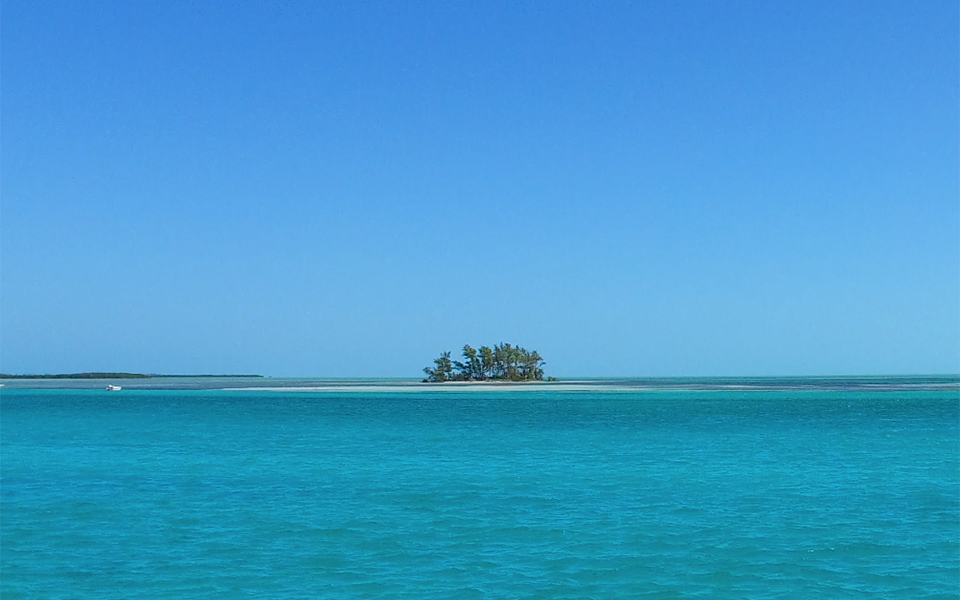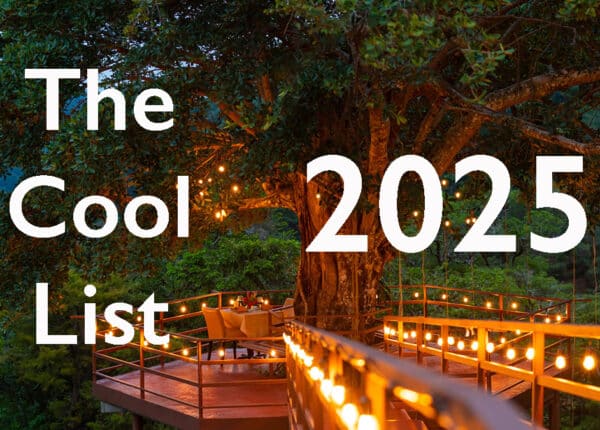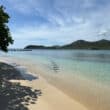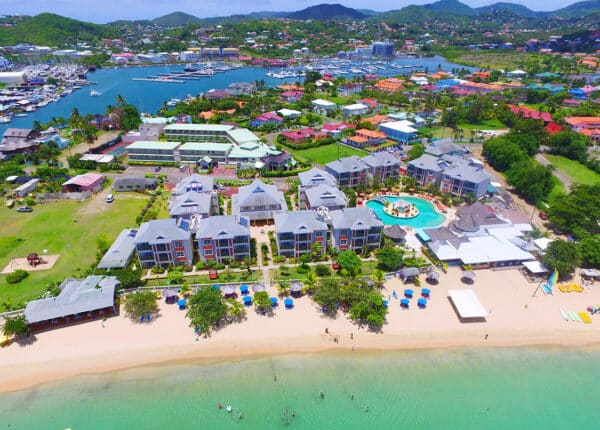By Ryan Peterson
CJ Contributor
Popularized by The Beach Boys during the early 90s, many have wondered whether ‘Kokomo’ is real or simply an imaginary place. Likewise, as the smaller economies of the Caribbean venture deeper into the 21st century and continue to seek growth, many wonder how real and resilient this is.
Despite their natural buoyancy and innate mojo, the smaller economies of the Caribbean are still facing strong currents in their development. While many are recovering from the battering of recent waves, still others are experiencing turbulent tides, notwithstanding relatively favorable import (e.g., lower costs of oil) and export (e.g., tourism growth) conditions.
Recent insights from these smaller, service-based island economies of the Caribbean indicate that the average growth in real output between 2011 and 2015 improved with 2.7 percentage points, inching forward with 0.5 percentage point on an annual basis. In 2015, the estimated real output growth rate was 1.9 percent, lagging significantly behind other – small island – economies.
Under current conditions and capacities, the outlook for future growth remains a relatively (s)low 2 percent. While global economic trends and external conditions explain some of the economic waves and woes in the Caribbean, they certainly do not account for everything, especially not the enduring economic apathy and anemic innovation ecosystems.
Internal, and especially institutional capabilities, including public sector governance, private sector innovation and consumer trust, equally explain – if not more – the lack of small island resilience in the Caribbean. Without continued and coordinated structural reforms, strategic investments and social inclusiveness, institutional capabilities remain the biggest risk. With growing government debt and increasing tourism dependency, both averaging 85 percent of GDP, how then do we steer clear from the hidden riptides? With private investments and consumer consumption contracting, how do we move beyond the shore?
While the smaller island economies of the Caribbean seem to have been able to absorb and recover from some of the tidal waves, the question of, and quest for transformative resilience remains: is Kokomo real or simply imaginary? Is inertia catching up on some of the smaller island (tourism) economies, or have we reached the limits of our ‘growth’. Are old institutions simply unfit to keep up with a new wave of beach boys? Or have we reached the limits of our imagination and innovative wits?
More importantly, how can we expect to improve the productivity and prosperity of our Caribbean island economies, if we are not willing to strategically scrutinize and structurally shift the basic institutional principles, policies and practices of the past and present? Without systemic transformation, transformative resilience will continue to transgress.
Whereas these discussions will – and should – certainly continue, and while some differences abound amongst these smaller island economies of the Caribbean, their (internal) economic conditions and capabilities are key factors in explaining their growth paths, prosperity and prospects. While there is much that may divide, there is more that unites us as we continue our search for Kokomo. Perhaps it is not so much of a final destination, as it is – or should be – an inner journey…
Ryan R. Peterson PhD is General Manager for Economic Policy at the Central Bank of Aruba, and has spent most of his professional career working on small island sustainability and innovation. All views and expressions are solely his. He can be reached at rpeterson@cbaruba.org.








